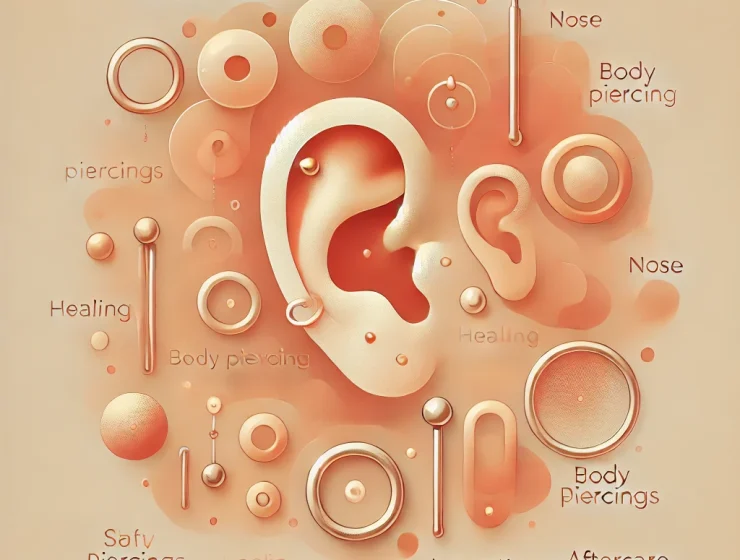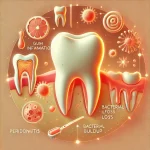Inhoudsopgave
ToggleDe rhesusfactor: wat het betekent voor jou en je baby
Naast alle voorbereidingen en controles, is er één specifieke test die belangrijk is: de rhesustest. In deze blog leggen we uit wat de rhesusfactor is, waarom het getest wordt tijdens je zwangerschap en wat het betekent voor jou en je baby.
Wat is de rhesusfactor?
Tijdens je zwangerschap onderzoeken we je bloed om niet alleen je bloedgroep te bepalen, maar ook om te kijken naar de rhesusfactor. Dit is een eiwit dat aanwezig kan zijn op je rode bloedcellen. Als je dit eiwit hebt, ben je rhesus-positief. Dit is het geval bij ongeveer 85% van de mensen. Heb je dit eiwit niet, dan ben je rhesus-negatief.
Waarom testen we de rhesusfactor?
Het is belangrijk om te weten of jij en je baby dezelfde rhesusfactor hebben. Als jij rhesus-negatief bent en je baby rhesus-positief, kan dit leiden tot de vorming van antistoffen in jouw lichaam. Deze antistoffen kunnen de rode bloedcellen van je baby aanvallen, wat gevaarlijk is.
Wanneer worden antistoffen aangemaakt?
Je lichaam maakt niet meteen antistoffen aan als je rhesusfactor verschilt van die van je baby. Dit gebeurt pas als er bloedcellen van de baby in jouw bloedbaan komen, wat meestal tijdens de bevalling gebeurt. Bij een eerste zwangerschap is dit meestal geen probleem voor de baby, maar het kan complicaties veroorzaken bij een volgende zwangerschap.
Wat is rhesusziekte?
Rhesusziekte treedt op als je lichaam de rode bloedcellen van de baby afbreekt. Dit kan leiden tot geelzucht bij de baby, waarbij de huid en ogen geel kleuren door een ophoping van bilirubine, een afvalproduct van het bloed. In ernstige gevallen is er een speciale lichttherapie of zelfs een bloedtransfusie voor de baby nodig.
Voorkomen van rhesusziekte
Als je rhesus-negatief bent, wordt er in de 27e week van je zwangerschap opnieuw bloed geprikt. Dit is om te controleren of je baby rhesus-positief is. Ben je inderdaad rhesus-negatief en je baby rhesus-positief, dan krijg je rond de 30e week een speciale injectie, de rhesusprik, om te voorkomen dat je lichaam antistoffen aanmaakt. Na de geboorte van je baby krijg je binnen twee dagen nog een keer deze prik.
Belangrijke momenten om contact op te nemen
Het is cruciaal om direct contact op te nemen met je verloskundige als je een val maakt, vooral als je op je buik valt of als je een ongeluk hebt gehad. Dit kan namelijk invloed hebben op de rhesusfactor en de gezondheid van je baby.
Samenvatting
Het begrijpen van de rhesusfactor en de impact ervan op je zwangerschap is belangrijk. Door tijdige tests en behandelingen kunnen we eventuele complicaties voorkomen. Heb je vragen of zorgen over de rhesusfactor of iets anders gerelateerd aan je zwangerschap? Aarzel dan niet om contact op te nemen met ons.
Blijf op de hoogte!
Volg ons op social media voor het laatste nieuws en een kijkje achter de schermen bij Verloskundigen PuurBegin in Kampen.
Ontdek de dagelijkse avonturen van onze verloskundigen, waardevolle tips voor aanstaande ouders en inspirerende verhalen uit de praktijk.
Klik op de onderstaande knoppen en blijf verbonden met ons hartverwarmende team!
 |  |
Liefs,
Verloskundigen PuurBegin
Adres: Orkestlaan 148, 8265RC Kampen
Telefoon: 06 42610199






